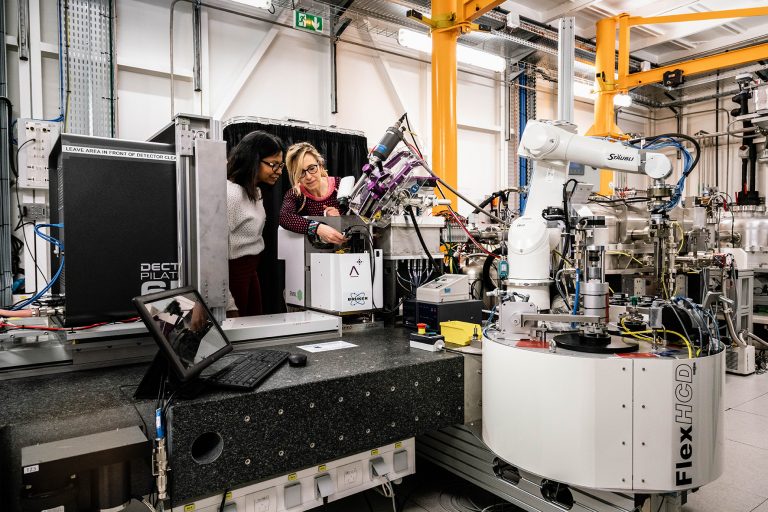LEAPS invites you to a Zoom webinar on 28 October 2020, 10–12 CET “European Research Infrastructures: Engines for Science and Innovation” hosted by MEP and vice-chair of the ITRE Committee at the European Parliament, Lina Gálvez.

Registration is open at the conference website: https://indico.cells.es/event/254/. Please register before 23 October to ensure your access to the event. After registration, you will receive an email with the link for virtual access.
As the consortium of every Synchrotron radiation and Free-Electron Laser facility in Europe, we aim at contributing to shaping the Research Infrastructure (RI) landscape in Europe by inviting every Member State and join forces to assure the RI under Horizon Europe. At this event, we will showcase the key role of RIs in contributing to solve the most urgent Global Challenges, including energy storage and viral threats.
We will have a lively debate with right-to-the-point interventions from the European Commission, the LEAPS chair and scientific experts – Kristina Edström on the topic energy materials and Martin Ackerman on viral and microbial threats – followed by a panel discussion of experts. The online event will finish with an open discussion in the form of an interactive exchange of experts and policymakers.
World-class RIs allow researchers to boost their careers and achieve more impactful results with their use. In fact, RIs are the success story of the European Research Area (ERA). The continuous evolution of RIs and the innovations developed at their heart provide a competitive advantage for research organizations, industry and the whole continent. RIs deserve proper funding and support at European level from Horizon Europe. Especially, due to the growing need to make national RIs more accessible to researchers from other Member States and in order to enable cost-efficient coordination in the renewed ERA.
We will demonstrate how RI substantively contribute to the objectives of the green deal by enabling research for clean, reliable and affordable energy and sustainable transport and elicits finding molecular targets to fight the pandemic caused by SARS-CoV-2. The event will give a glimpse of a working landscape for RIs, in which not only the Member States but also the facilities themselves have a more prominent role. We will discuss how this model can work together with the funding instruments in Horizon Europe for the benefit of researchers and innovators all across Europe.
This article was first published on 12 October by LEAPS.




 A unique international forum for public research organisations and companies to connect their external engagement with strategic interests around their R&D system.
A unique international forum for public research organisations and companies to connect their external engagement with strategic interests around their R&D system.